Tale of Iceland’s bold democratic reforms inspires artist
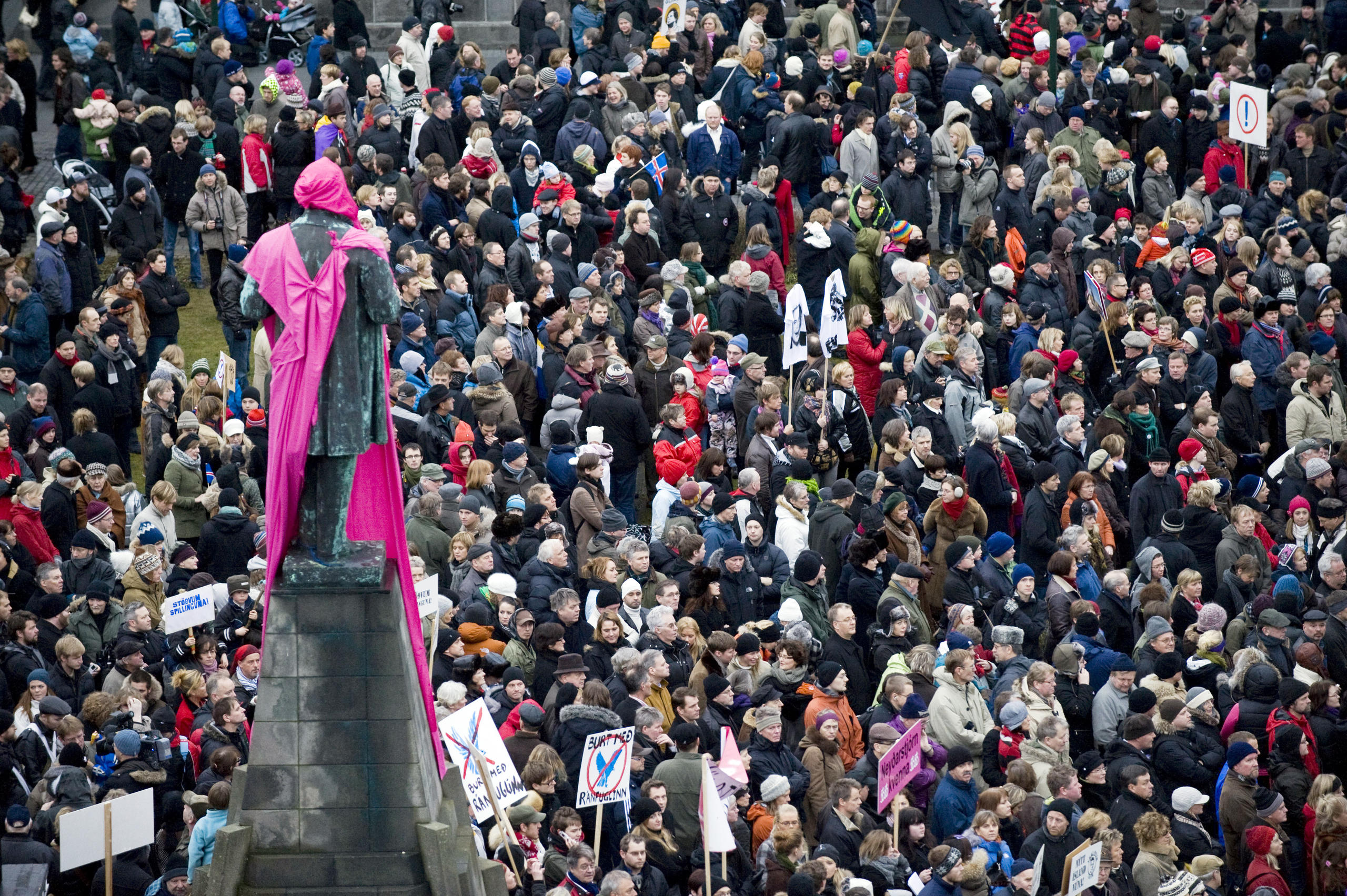
This is the story of an American filmmaker whose interest in Icelandic art grew into a passion for a unique direct democratic process in the Nordic island.
Eileen Jerrett doesn’t consider herself politically minded. Her career as an independent filmmaker has mostly been fueled by her interests in music, art and coffeeExternal link.
Her 90-minute documentary Blueberry Soup came about five years ago because of her personal curiosity about the Icelandic art scene and how it would reflect the social and political disruptions following the economic collapse of 2008. She flew to Iceland to find out, and what followed was a series of extraordinary accidents.
“I was by chance exposed to an emerging citizen movement that focused on giving the society a number of opportunities to redefine how they envision the future of the nation,” she recalls.
The film, which takes its title from a traditional Scandinavian snack, explores how Iceland’s citizens helped draft the priorities of a new constitution.
Jerrett collected some footage of the historic moment, conducted very personal interviews and got hooked by the stories of people directly involved in the constitutional reform process. The media coverage that existed at the time “was bleak at best,” she says, so she sought to fill the void.
“That drive and passion for this story is still what fuels me.”
Crowdfunding and a different approach
Jerrett ultimately won praise for her novel way of documentary filmmaking, telling the story exclusively from an Icelandic perspective, using only music, scenery and cultural symbolism from the country.
She thinks she was successful because she took a soft approach with the people she interviewed and wasn’t dependent on a huge budget and the backing of larger institutions.
“In the end, I made a film by bartering, multiple small [crowdfunding projects] and a network of friends, family and Icelanders who all believed in the importance of getting this story out there.”
Interest and interaction
When Jerrett, who is American, shared her experience in Iceland with friends and family in the United States and Canada, she was struck by their emotional reactions.
“I saw something awaken in them as it had in me. It was the spark of hope that democracy can exist, and this living example was alive and growing in Iceland,” she says. “This had and still has major global resonance.”
Jerrett started screening the finished Blueberry Soup film in 2013, primarily in university settings and through grassroots organisations. Some five years later, interest in the subject has not waned.
“Just when we think we have figured out the audience for this for film, a totally unexpected group reaches out to me.” Among them are grassroot organisations in the NetherlandsExternal link, in ScotlandExternal link and GreeceExternal link.
Audience interaction, she says, has been a crucial factor in allowing the film “to take flight”. It helped spawn a collaborative project, called the Red Card Initiative, which lets viewers have their say.
“Audience members are invited to write a message to Iceland on a red piece of paper. We then take a photo of that message and let it circulate back to the country.”
Model for others?
Jerrett has been amazed to learn that other countries have taken inspiration from Iceland’s constitutional reform process.
For example, Jerrett’s film has been screened in about a dozen countries, mainly in North America but also in Europe and New Zealand.
She has also had a few inquiries for screenings in Switzerland, sometimes referred to as a model for participatory democracy, but says nothing has “come to fruition yet”.
+ Find out how Swiss filmmakers view democracy (and more under related stories)
But according to Jerrett, some audience members question whether Iceland is a valid example of national reform, since the country has such a small population – just 334,000 people.
For her part, the filmmaker is continuing her work with Icelandic direct democracy activists, helping to set up an information centre on the constitutional reform process. Her newest film, Forget Me Not, will document the continuing work of reform activists in Iceland.
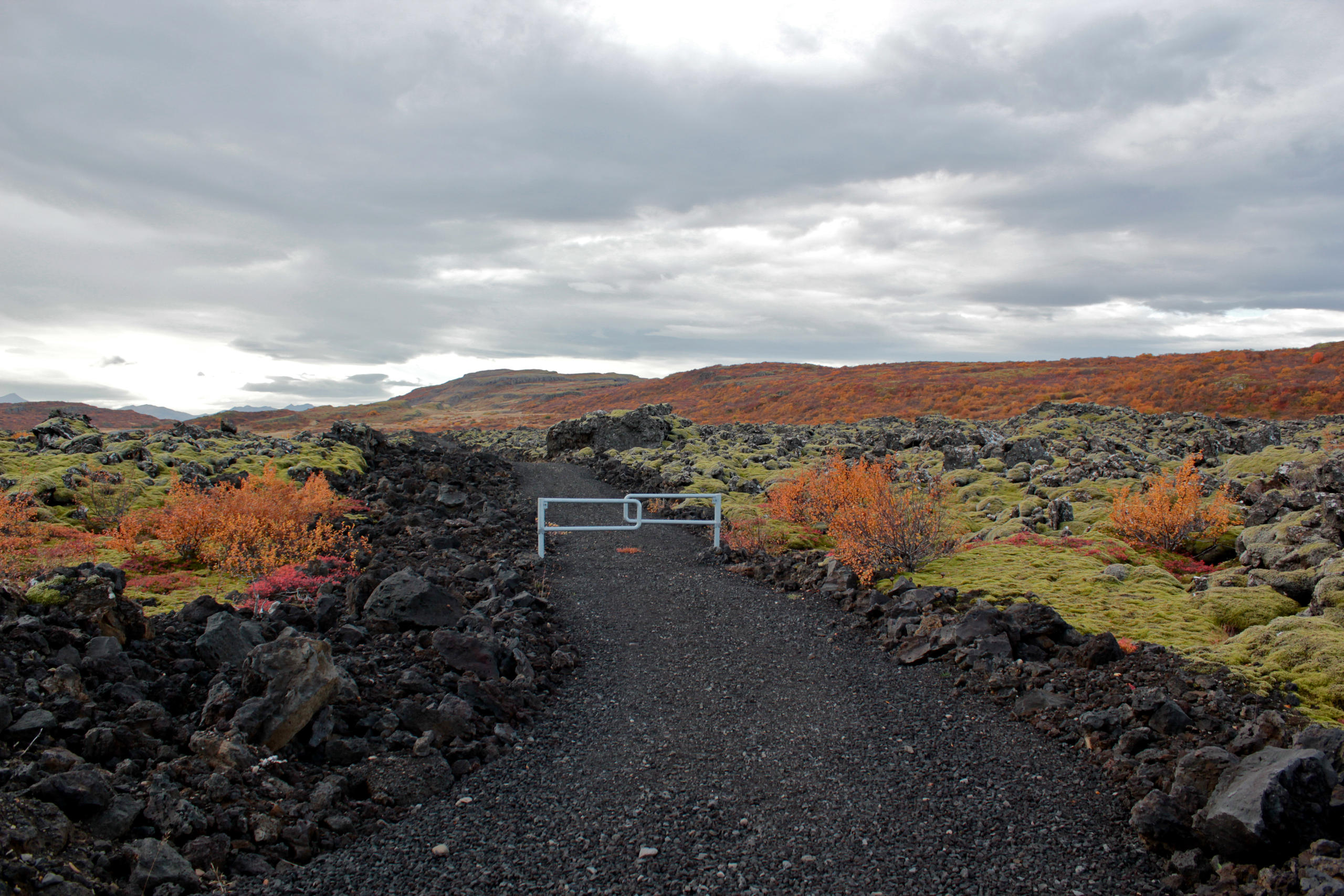
She has no plans to get involved in other countries’ public initiatives such protests against President Donald Trump’s policies in the US. But she does hope her work can serve as inspiration.
“I’m fighting the fights I feel equipped to tackle. My best weapon is to show examples of empowered, innovative, human rights-minded people in other parts of the world and allow their messages to build up those of us who are listening for ways of navigating these insane storms.”

In compliance with the JTI standards
More: SWI swissinfo.ch certified by the Journalism Trust Initiative









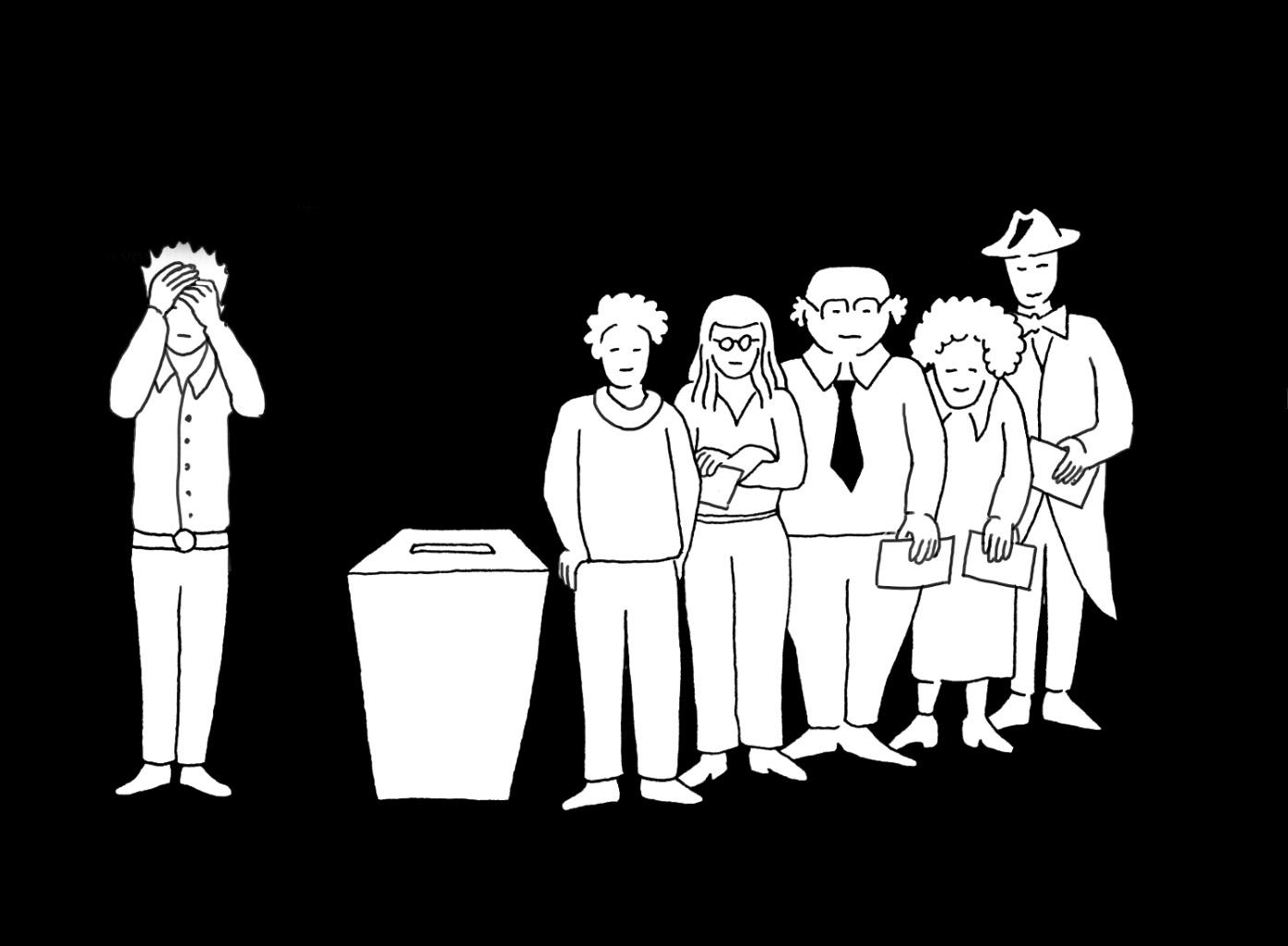


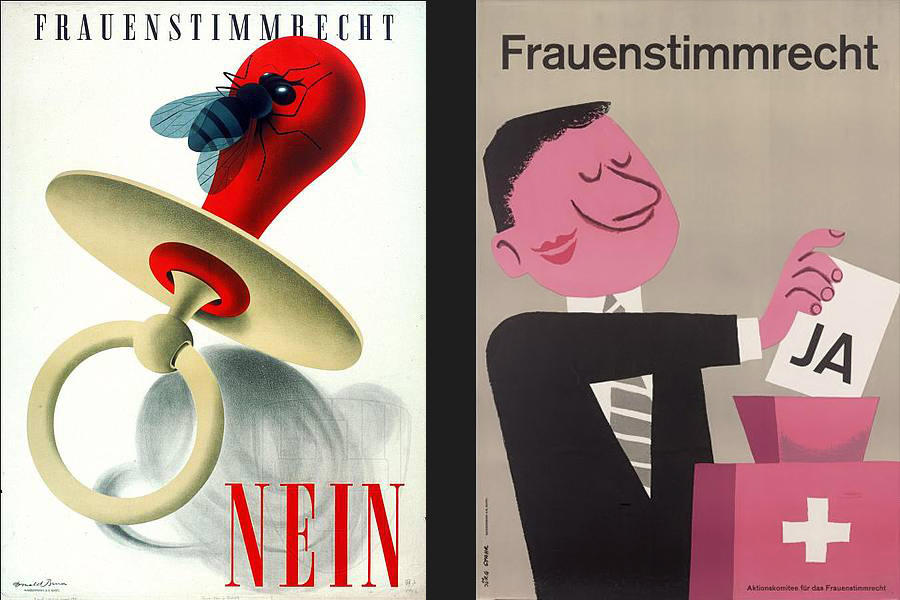
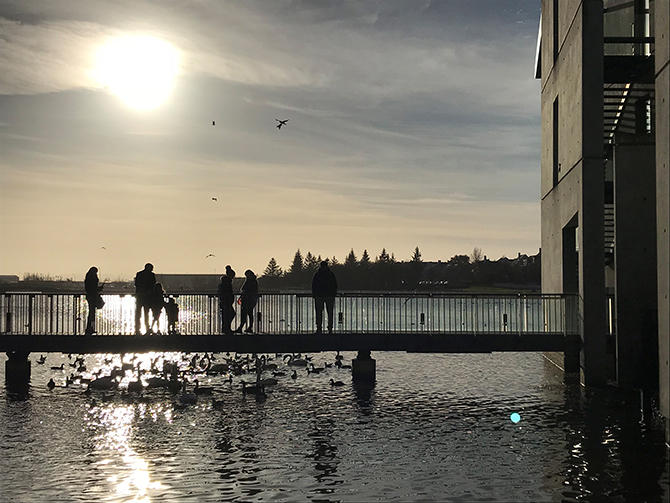
You can find an overview of ongoing debates with our journalists here . Please join us!
If you want to start a conversation about a topic raised in this article or want to report factual errors, email us at english@swissinfo.ch.